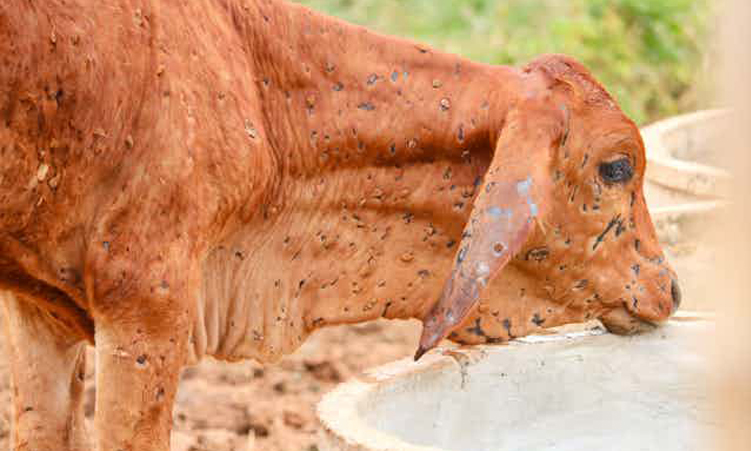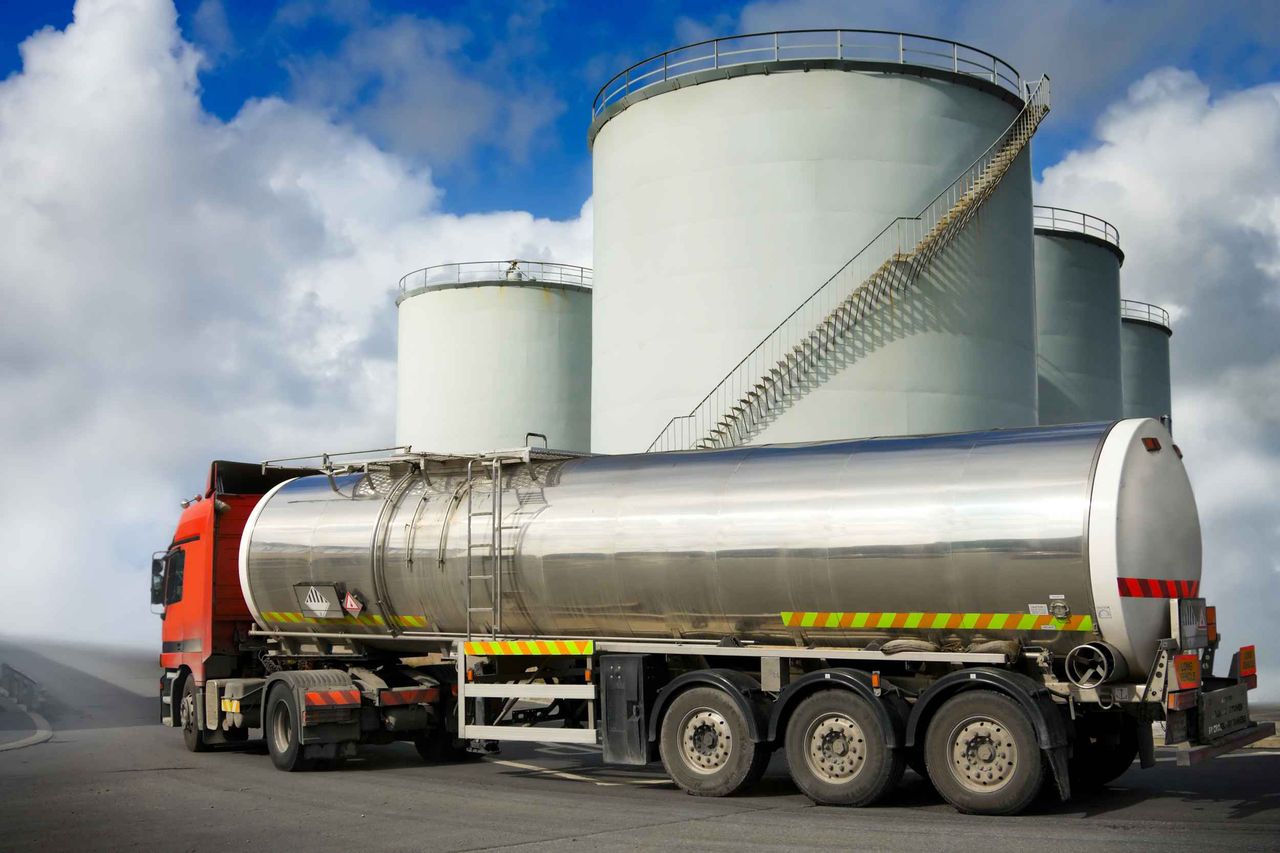NAMIBIA has called for another round of negotiations with the European Union (EU) before it signs the interim economic partnership agreement (EPA) with the trade bloc.
Foreign Affairs Minister Marco Hausiku said at the Europe Day celebrations on Thursday night that issues like the Most Favoured Nation (MFN) and Definition of Parties (DoP) clauses, as well as agricultural safeguards and rural development,’will need a further round of negotiations in order to be resolved’.The EU and Namibia have been at loggerheads over the controversial trade pact since 2007. So far, the EU could only persuade Namibia to provisionally initial the interim EPA to ensure that local beef, fish and table grapes enjoy quota- and tariff-free access to EU markets. This, local European Commission Head Elizabeth Pape reminded partygoers last week, will only be legally secured ‘once this interim agreement is signed and notified to the World Trade Organisation (WTO)’.According to her, Namibia and the EU ‘are currently trying to identify a convenient date for this to happen’.’With the goodwill of all parties this should allow to conclude negotiations in good time,’ Pape said.Both Hausiku and Pape said progress has been made since European Trade Commissioner Catherine Ashton’s talks with Namibia and the meeting of senior officials at Swakopmund earlier this year. Hausiku said ‘significant progress’ was made, while Pape described it as ‘substantive’.However, from correspondence between Ashton and Trade and Industry Minister Hage Geingob, it is clear that the EU is not in the mood for bargaining regarding the MFN and DoP clauses.The MFN clause in the current EPA text requires Namibia to extend any benefits it offers to its other WTO trade partners to the EU too. Namibia’s objection is that this may harm South-South trade.In a letter Ashton wrote to Geingob after the Swakop talks, she stresses that the EU ‘attaches great importance’ to this issue as it deals with ‘preventing discrimination against the EU in the future vis-Ã -vis other major trading partners’. ‘This is a simple question of fairness. We will have to pursue it in the context of the negotiations of the full EPA,’ she wrote.The DoP dispute revolves around the Southern African Customs Union (Sacu) and SADC. Sacu, together with Mozambique and Angola, falls within SADC as a trade group or configuration. The EU wants all the countries in the region to register as SADC-EPA countries. Sacu is refusing on the grounds that Angola and Mozambique will then legally have to be included within the Sacu framework without being members of the customs union. The result, according to trade observers, is a SADC split between the four EPA configurations.Once again, Ashton seems to be sticking to her guns in her letter.’I remain convinced that the solution that we proposed, namely a declaration to the effect that collective action by SADC be interpreted in a best endeavour manner, offers a sensible way forward on this matter pending the conclusion of the full EPA,’ the letter reads.In his statement on Thursday night, Hausiku said that at the last round of negotiations, it was agreed that ‘all remaining issues of concern raised by Namibia under the interim EPA could be revisited as part of the negotiations towards the final EPA’.The Namibian has reliably been informed that some 19 issues remain unresolved.Meanwhile, Pape said Namibia’s search for new export markets will hopefully be because the country wants to increase its total exports and not because it wants to divert its trade away from existing partners.While ‘it is certainly healthy if Namibia pursues a strategy to identify new markets’, it would ‘ideally happen through an increase in total exports and not through trade diversion’, she said. The value of Namibia’s exports to Europe currently is about six times that of exports to North America or Asia.Pape said the EU is looking forward to the EPA with Namibia ‘in order to put our trading relationship on a sustainable basis which conforms with the international trade rules we all signed up to in the WTO’.She said the EPA discussions almost totally neglect the possibilities of improved market access to 500 million people with relatively high purchasing power.’The real ‘music’ is in my view in the possibilities for new exports of goods and services opening up with the duty-free-quota-free access. I believe that much more creative thinking is possible and necessary in this area with a view to fully exploit the possibilities in terms of investment, job creation, diversification of the economy and value-addition,’ Pape said.jo-mare@namibian.com.na
Stay informed with The Namibian – your source for credible journalism. Get in-depth reporting and opinions for
only N$85 a month. Invest in journalism, invest in democracy –
Subscribe Now!










